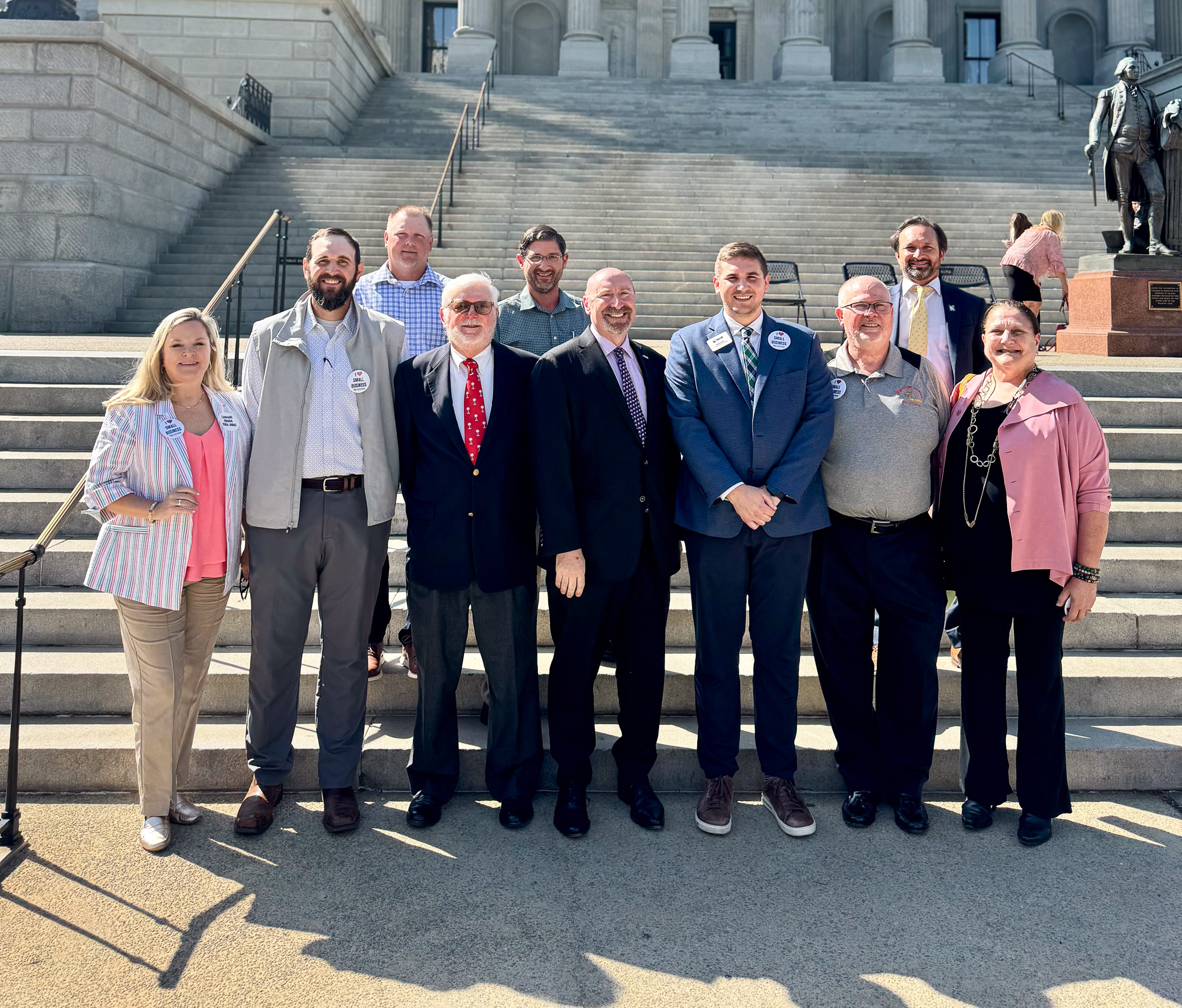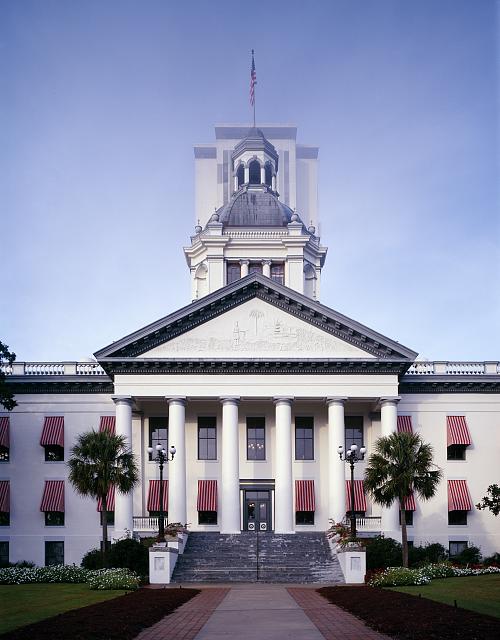Topics:
October 4, 2023
The NFIB Small Business Legal Center secured victories in the 2022-23 SCOTUS term and previewed cases to watch in the upcoming term
Property Rights and Environmental Concerns Highlight Supreme Court 2022-23 Term
- The burden of unchecked and unexamined regulation crushes small businesses;
- Decisions from prior cases should not deter the Court from abandoning Chevron;
- States have led the charge in abandoning Chevron deference by demonstrating a more constitutionally appropriate path forward;
- Chevron has led to agencies acting to gain power, legislative indifference, and judicial passivity; and
- Courts already have the skills and interpretive rules to replace Chevron
- The Bureau’s funding mechanism violates the Constitution;
- A decision affirming the judgment will provide targeted and meaningful relief for those subject to the CFPB; and
- The Court can mitigate disruptions in the marketplace by crafting a narrow remedy.
- Civil asset forfeiture subjects people who drive vehicles, many of them small business owners, to roadside seizures.
- The financial burden for the public’s illegal conduct is often passed onto businesses through civil asset forfeiture.
- Civil asset forfeiture punishes business owners for the conduct of employees, even when the employee acts outside of the scope of employment.
- The Court of Appeals’ decision is erroneous and displaces settled constitutional limits on federal taxation, and
- The Mandatory Repatriation Tax is severable from the remainder of the Tax Cuts and Jobs Act.
Get to know NFIB
NFIB is a member-driven organization advocating on behalf of small and independent businesses nationwide.
Related Articles


April 29, 2025
NewWebinars Highlight Tariffs and Tax Tips
Along with the monthly webinar, NFIB hosted a special Tariffs 101 webinar t…
Read More



April 29, 2025
Small Business Owners Call On Senate to Pass Insurance Reform B…
The common-sense insurance reforms that would help lower costs and make th…
Read More



April 29, 2025
Main Street Presses for Tort Reform, Tax Relief at Small Busine…
The event drew small business owners from throughout the state.
Read More



April 28, 2025
Take Action: Defend Florida’s Tort Reform!
Senate Bill 832 rolls back tort reform measures
Read More







